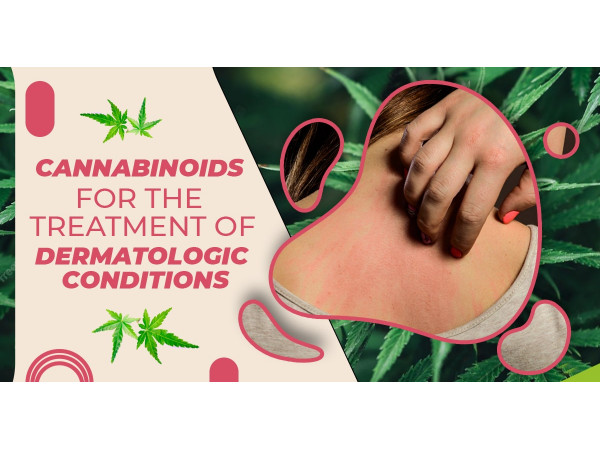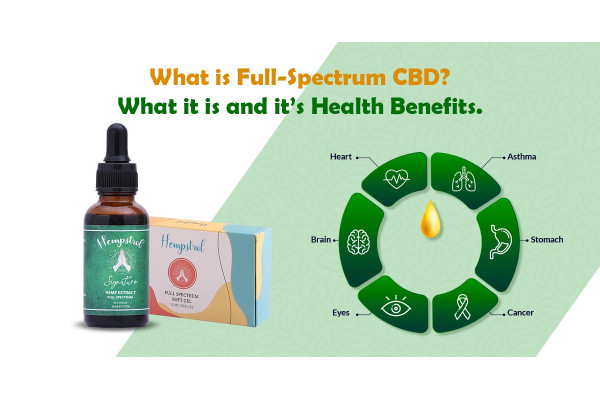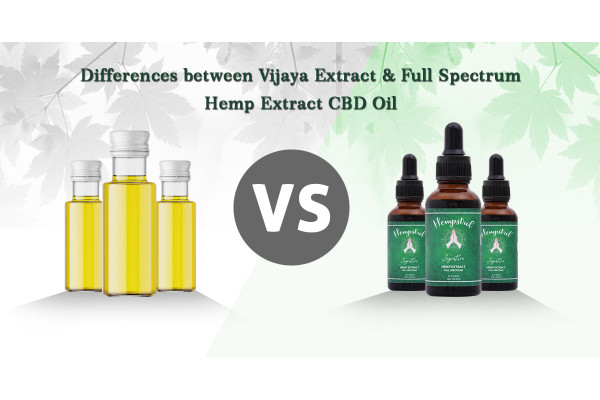Cannabinoids for the Treatment of Dermatologic Conditions
You are probably already fairly familiar with the word "CBD products" in modern times. However, recent studies suggest that cannabinoids, which include CBD, may be useful in treating a range of skin disorders, including eczema, psoriasis, and skin cancer.
Why? Because research indicates that the interaction between our body's cannabinoid receptors and plant cannabinoids can have a positive impact on a variety of medical conditions and because our nervous system and many different organs are actually designed to receive stimulation from endogenous cannabinoids.
Are the hypes to be believed? Recent studies and a review article in the Journal of Dermatological Therapy suggest that using cannabinoids to treat a range of skin disorders, such as eczema, itching, psoriasis, and perhaps even skin cancer, maybe on the right track.
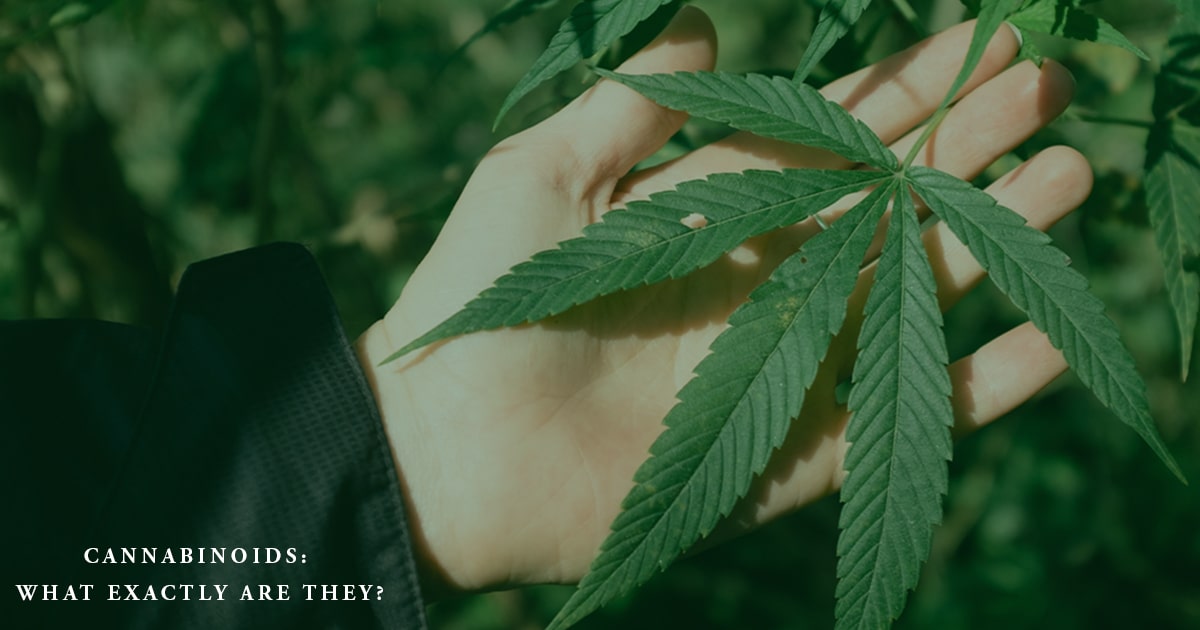
Cannabinoids: What exactly are they?
The cannabis plant contains substances called cannabinoids. The cannabis plant contains more than 80 different cannabinoids. Cannabidiol, or CBD, is a substance found in the cannabis sativa plant, which is used to make marijuana. THC is another cannabinoid that most people are familiar with. The substance in marijuana that produces the euphoric, "high" effect is known as THC. Although CBD products does not have the same psychoactive effects as THC, it has been touted as a useful treatment for insomnia, depression, PTSD, and anxiety.
However, recent research examined by Dr. Khorsani's group and other dermatology specialists suggests that cannabinoids like CBD and THC may also be used to treat skin conditions like eczema, psoriasis, and skin cancer because they interact with the endocannabinoid system, which is part of our body's own cannabinoid system.
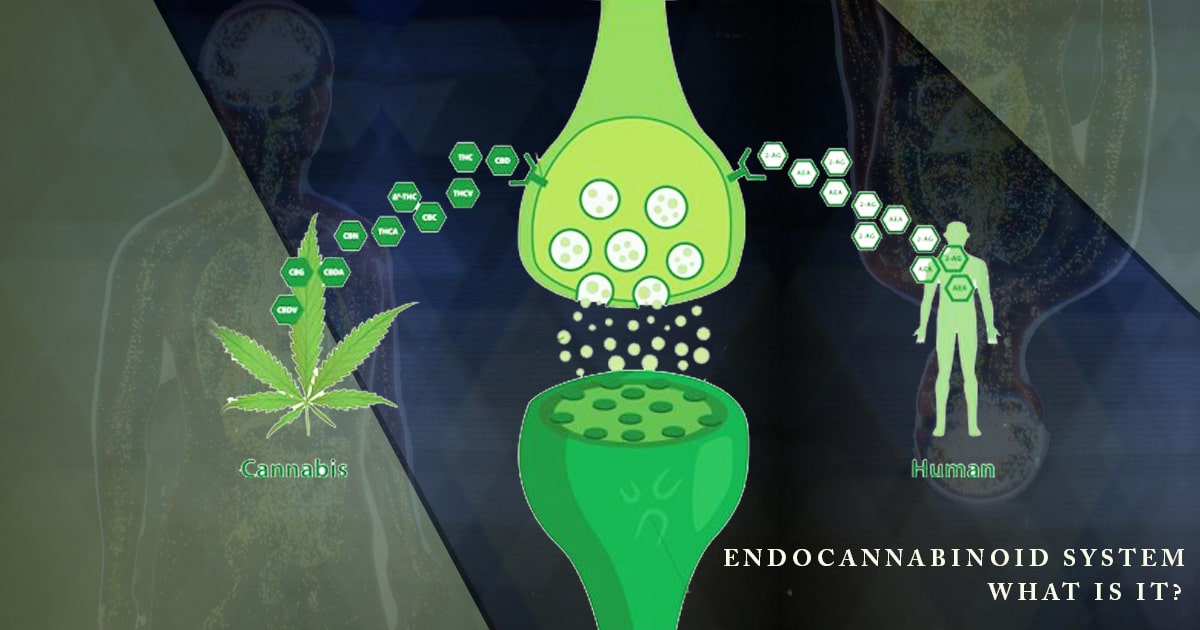
Endocannabinoid system: What is it?
The central nervous system and peripheral tissue both contain multiple endocannabinoid receptors and ligands (also known as neurotransmitters). Consider ligands as receptors or keys that fit into a particular keyhole. In the brain and central nervous system, as well as to a lesser extent in other tissues, CB1 receptors are largely present. The majority of CB2 receptors are found in peripheral organs, particularly in skin tissue and immune system-related cells. The immunomodulatory and anti-inflammatory properties of cannabis are linked to CD2. These receptors, like everything else in the nervous system, have a direct cellular reaction when they are triggered.
These cellular reactions are important for a number of activities, such as learning, hunger, motor function, stress response, and immune system. The endocannabinoid system's modulation may have a significant impact on disorders affecting the skin because the skin is a significant organ involved in the immune system.
Due to their ability to interact with endogenous cannabinoid receptors, plant cannabinoids may be useful in the treatment of skin diseases and immunological regulation of skin tissue.

Is CBD effective?
Epidiolex is a CBD extract that the FDA (Food and Drug Administration) approved in 2020 for the treatment of uncommon seizure disorders. The FDA has only approved this particular CBD-derived medication. The quantity of research needed to definitively establish if buy fast pain relief cbd product actually lessens stress, anxiety, or PTSD is currently quite small. But according to a 2019 Gallup poll, 14% of Americans use CBD, and more than 30% either use it now or have in the past.
Even while CBD is included in a wide range of creams, balms, lotions, and serums, there hasn't been much study to support it up until now, according to a simple read through several beauty and healthcare pages.
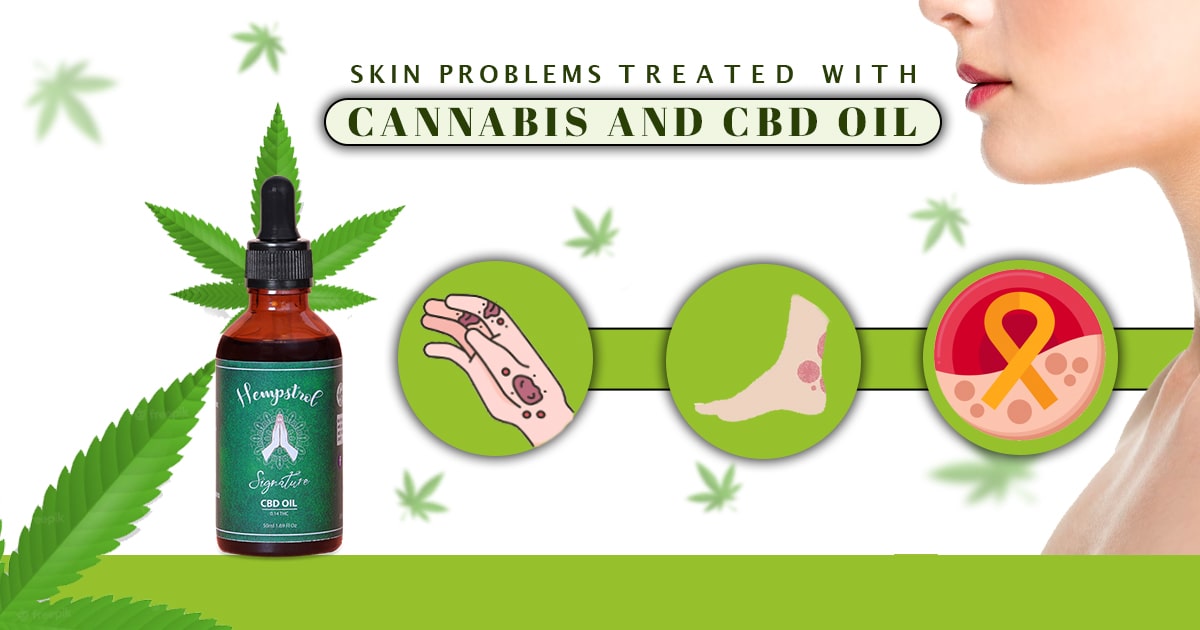
Skin Problems treated with Cannabis and CBD Oil
CBD for eczema treatment
The effects of cannabis on inflammation and itching, specifically in patients with eczema, are the most compelling findings from studies to date. In a similar way to how asthma affects the lungs, eczema is a condition in which the skin is overly sensitive to the surroundings. Several studies have so far suggested that specific cannabinoids have anti-inflammatory and anti-itch properties that can help lessen skin inflammation, redness, and itching.
Cannabidiol for psoriasis treatment
The epidermis grows significantly more fast than it would normally in people with psoriasis. Overly flaky skin is the end consequence. Activating specific cannabinoid receptors in the body may aid to slow down the rapid skin growth, which in turn resulted in a slowing down of the excessive flaking, according to some compelling findings.
Skin cancer and CBD oil
The potential use of cannabis in the treatment of specific types of skin cancer is the following fascinating development. The outcomes so far in both melanoma and non-melanoma skin cancer in animal models have been intriguing, but more research is needed on this specific area. What is known is that both melanoma and non-melanoma skin tumours express CB1 and CB2. The activation of these endocannabinoids has reduced tumour growth and angiogenesis, the production of new blood vessels. This might eventually lead to a decrease in other tumours, who knows. Nonetheless, it is crucial to remember that much more study needs to be done on this specific subject. But it's unquestionably a positive move.
















